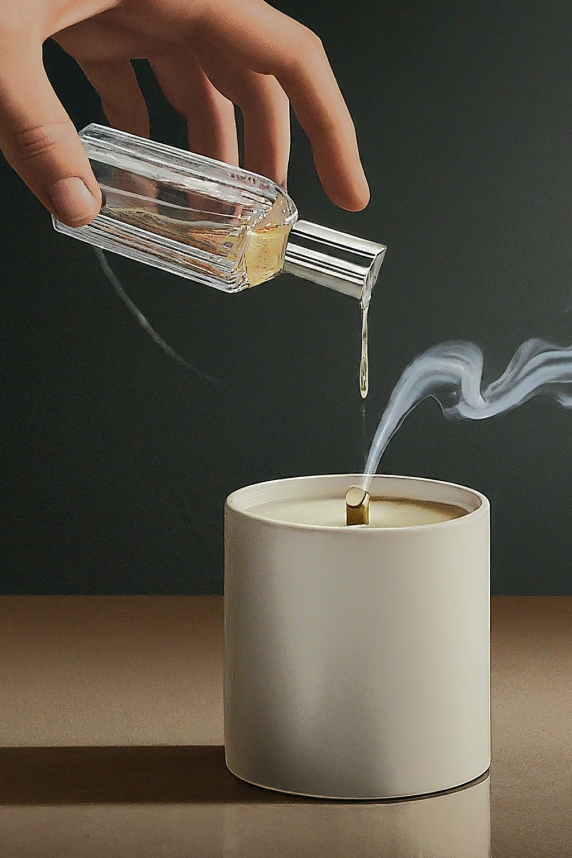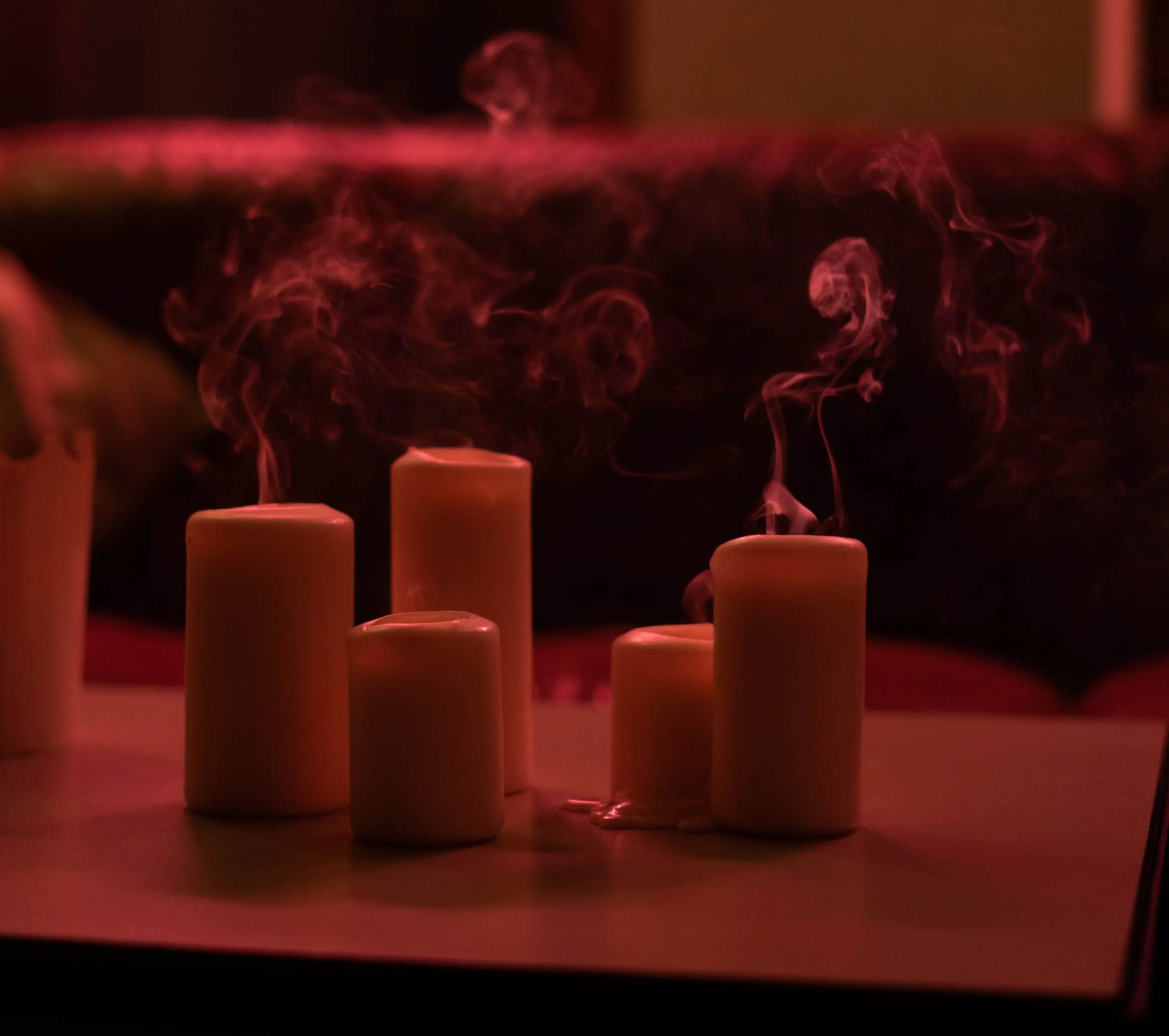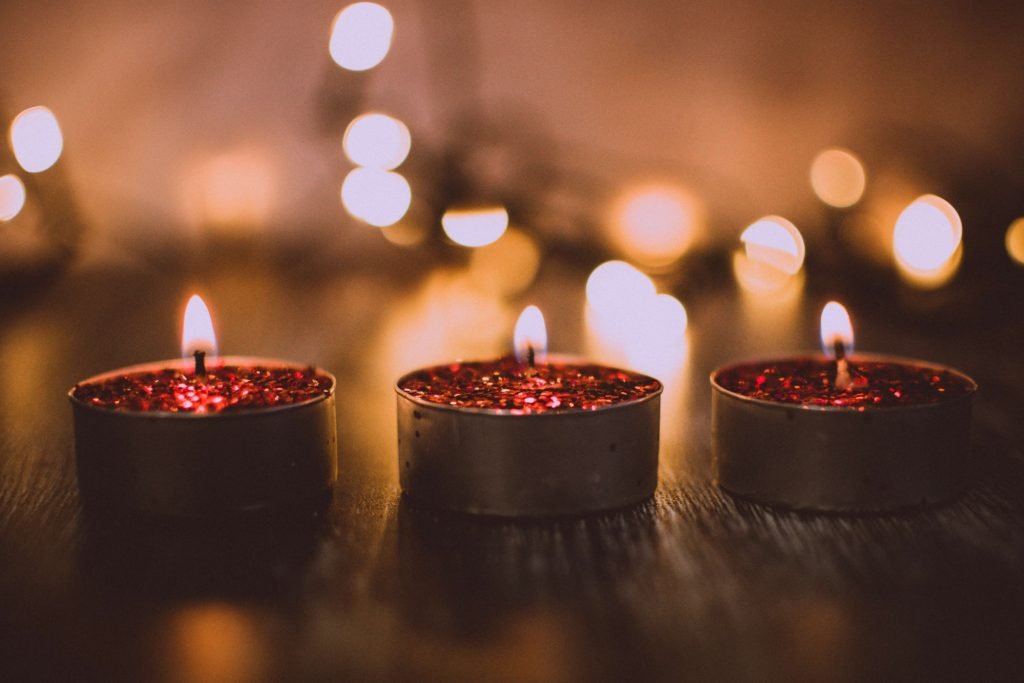
Table of Contents
The flickering flame of a candle, accompanied by the gentle release of a beloved fragrance, can be a powerful mood booster and a source of relaxation. But have you ever considered using your favorite perfume to create a truly personalized scent experience in your candles? While the idea might seem alluring, adding perfume to candles is ultimately a recipe for disappointment, and potentially, danger.
According to the National Candle Association (NCA), over 7.7 billion candles were sold in the US alone in 2022 [1]. With the growing popularity of DIY crafts and personalized experiences, it’s no surprise some may be tempted to experiment with perfume in their candle making endeavors. However, understanding the chemical composition and inherent differences between perfumes and fragrance oils specifically designed for candles is crucial for a safe and successful outcome.
The Primary Culprit: Alcohol and Fire Hazards
The biggest reason to avoid using perfume in candles is the presence of alcohol, a main component in most commercial perfumes. Alcohol is highly flammable and can significantly disrupt the burning process of a candle [2]. This can lead to several undesirable and potentially dangerous consequences:
Uneven burning:
The alcohol in perfume can cause the candle to burn inconsistently, leading to tunneling, flickering, and soot production. This not only affects the candle’s aesthetics and burn time, but can also release harmful byproducts into the air.
Increased fire risk:
The presence of a highly flammable liquid like alcohol in the wick and wax mixture significantly increases the risk of fire. Candles are meticulously formulated to ensure safe burning, and introducing external elements like perfume jeopardizes this balance.
Explosions:
In extreme cases, the presence of alcohol can lead to explosions upon ignition, posing a serious safety hazard to you and your surroundings.
The Scent Story: Why Perfumes Fall Short
Beyond the safety concerns, another major drawback of using perfume in candles is the distortion of the scent. Perfumes are designed to interact with your body chemistry and create a unique, personal fragrance profile. When burned in a candle, the complex blend of ingredients in perfume can undergo significant changes due to the high temperatures involved. This often results in an unpleasant, unrecognizable aroma, far from the scent you originally desired.
A Costly Experiment: Wasting Your Precious Perfume
Perfumes are often significantly more expensive than fragrance oils designed specifically for candle making. Using your favorite perfume in candle making not only risks ruining the candle with uneven burning and unwanted scents, but it also means wasting precious drops of your costly fragrance.
Safe and Enjoyable Alternatives
Thankfully, there are numerous safe and enjoyable alternatives to using perfume in candles. Here are two options to explore:
Fragrance oils:
These are highly concentrated, synthetic or natural aromatic compounds specifically formulated for use in candles. They come in a vast array of scents, allowing you to recreate the experience of your favorite perfume or discover entirely new olfactory landscapes. When choosing fragrance oils, ensure they are phthalate-free and specifically designed for candle making to ensure safety and optimal performance.
Essential oils:
While requiring greater care and research, some natural essential oils can be used to add subtle, therapeutic scents to your candles. However, it’s crucial to note that not all essential oils are safe for burning and some require specific dilution ratios to avoid potential health risks. Always consult a reputable source before using essential oils in candle making.
Conclusion: Prioritize Safety and Enjoyment
While the idea of combining your favorite perfume with the warm glow of a candle may seem appealing, the potential consequences far outweigh the benefits. Prioritizing safety and opting for safe alternatives like fragrance oils and essential oils (used with proper research and dilution) will allow you to create beautiful, personalized candles that enhance your home atmosphere without compromising your well-being. Remember, the calming ambiance and delightful fragrance of a candle should be a source of enjoyment, not a cause for concern.
References:
[1] National Candle Association. “Candle Industry Facts & Figures: 2023 Edition.”
[2] “Candle Safety Tips & Warnings.” National Candle Association.

